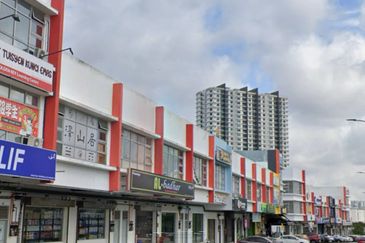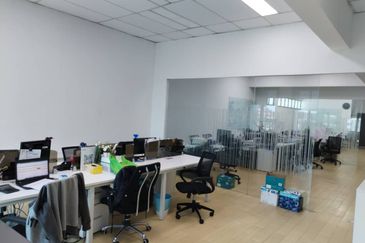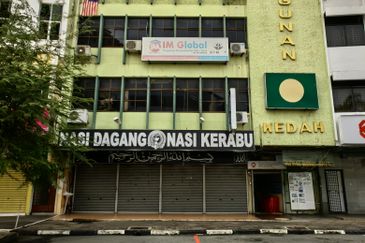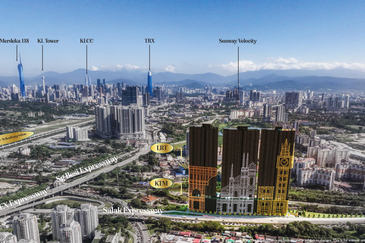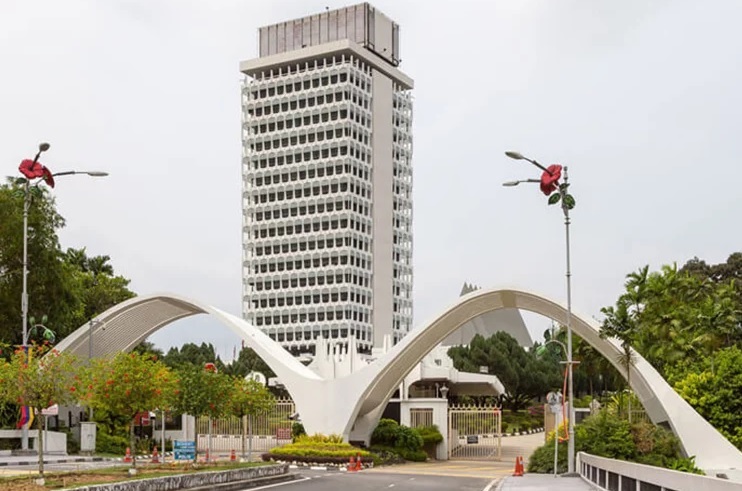
KUALA LUMPUR (March 30): The government’s second economic stimulus package is expected to widen its fiscal deficit this year to 4% of the gross domestic product (GDP). Economists say revenue enhancements will help to achieve this target, and if need be, the government still has room to intervene if the economic situation worsens.
Prime Minister Tan Sri Muhyiddin Yassin last Friday (March 27) announced the economic stimulus package of RM250 billion to help preserve people’s welfare, support businesses and strengthen the economy.
According to UOB Global Economics & Markets Research senior economist Julia Goh, the overall package is 3.7 times larger than the RM67 billion (6% of GDP) announced in 2009 during the global financial crisis.
Goh noted that given the fiscal constraints amid sharply lower oil prices, the government announced measures that do not entail sizeable direct government spending while utilizing funds from other sources.
“The direct fiscal injection is only RM25 billion or 10% of [the] total package, which will be funded through higher dividends. As such, the government targets a fiscal deficit of 4% of GDP that is wider than the revised target of 3.4% of GDP (announced in the first stimulus package on Feb 27), but lower relative to the peak of Malaysia’s fiscal deficit at 6.7% in 2009,” she said in a note to clients.
Meanwhile, CGS-CIMB’s economist Michelle Chia opined that management of the budget deficit to 4% of GDP may reflect the government’s intention to stay within internal fiscal rules.
“Nonetheless, the government has space to intervene further should the economic drag turn out to be more acute than it is currently projecting,” Chia said in a note.
UOB’s Goh said that in order for the government to achieve a fiscal deficit of 4% of GDP without any adjustments to the expenditure components, she estimates that this would require additional RM24 billion of revenue enhancements through higher dividends possibly from Petronas, Bank Negara Malaysia, and Khazanah.
Looking ahead, Goh does not rule out the possibility of the government giving more monetary support including cuts in the overnight policy rate and statutory reserve requirement given mounting risk from Covid-19 that has roiled the economy and global financial markets.
“Lower inflation risks and US interest rate cuts leaves room for Bank Negara Malaysia to pursue further monetary policy easing. From our perspective, the US, large parts of Europe, and many other major economies are expected to be in contraction for 2020, while China will record recessionary growth rate close to 4%. This will be a synchronized recession across major economies and we conservatively project a 'U' shaped recovery where the Covid-19 may be contained by 4Q20,” she said.
Stay calm. Stay at home. Keep updated on the latest news at www.EdgeProp.my #stayathome #flattenthecurve
TOP PICKS BY EDGEPROP

Pusat Bandar Senawang
Seremban, Negeri Sembilan

Broadhill Forest Heights
Seremban, Negeri Sembilan

NILAI IMPIAN (LAMAN AZALEA)
Seremban, Negeri Sembilan





